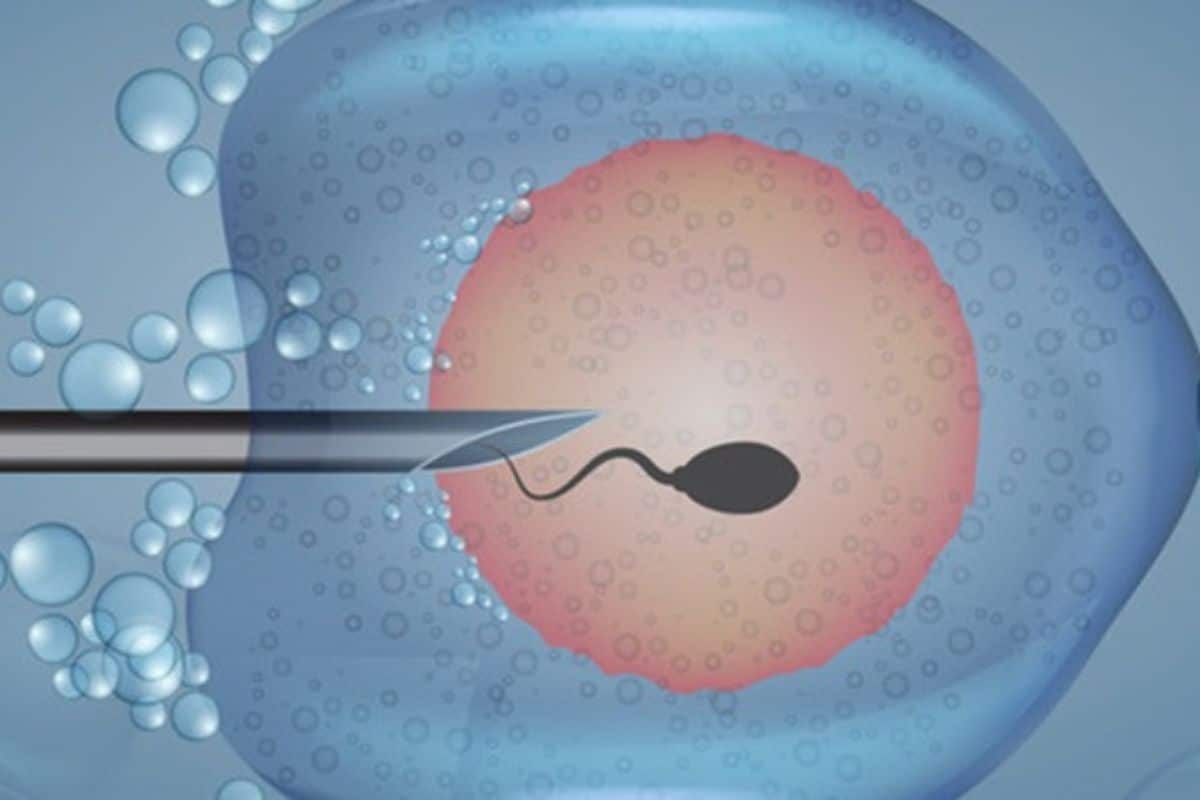In vitro fertilisation (IVF) is a journey that requires patience, preparation, and a clear understanding of the process. While many hopeful parents wonder how long IVF takes, the answer depends on various factors, including medical history, fertility clinic protocols, and individual responses to treatment.
In this article, we break down a realistic timeline of IVF, covering each stage from initial consultation to embryo transfer.
The Initial Consultation and Testing (2-6 Weeks)
The first step in the IVF process is an initial consultation with a fertility clinic. During this appointment, the doctor will review your medical history, fertility tests, discuss fertility concerns, and outline a treatment plan.
A series of tests are typically required before starting IVF, including:
- Blood tests to assess hormone levels
- An ultrasound to examine ovarian reserve and uterus health
- Semen analysis for male partners
- Genetic screening if necessary
This phase can take anywhere from two to six weeks, depending on how quickly tests are completed and results are reviewed.
Ovarian Stimulation and Monitoring (10-14 Days)

Once test results confirm that IVF is a suitable option, ovarian stimulation begins. This involves daily hormone injections to encourage the ovaries to produce multiple eggs. The stimulation phase typically lasts 10 to 14 days, though this can vary depending on individual response.
During this period, frequent visits to the fertility clinic are necessary to monitor follicle growth via blood tests and ultrasounds. Adjustments to medication may be made based on these results to optimise egg development.
Egg Retrieval Procedure (1 Day, With 1-2 Days of Recovery)
When the follicles reach the ideal size, a trigger injection is administered to finalise egg maturation. Egg retrieval is scheduled about 36 hours after this injection.
The procedure itself is relatively quick, usually lasting 20-30 minutes under sedation or anesthesia. A fertility specialist uses ultrasound guidance to retrieve eggs from the ovaries through a thin needle.
While the procedure is minimally invasive, mild cramping or discomfort may occur, requiring a day or two of rest before returning to normal activities.
Fertilisation and Embryo Development (5-7 Days)
After retrieval, the eggs are fertilised with sperm in the laboratory. If successful, embryos begin to develop.
The embryos are monitored over the next five to seven days to assess their growth and quality. At this stage, some patients may choose preimplantation genetic testing (PGT) to screen embryos for genetic abnormalities. If PGT is performed, results take an additional one to two weeks.
Embryo Transfer (1 Day, With Minimal Recovery Time)
If a fresh embryo transfer is planned, it typically occurs three to five days after fertilisation. The embryo is placed directly into the uterus using a thin catheter. The procedure is painless for most patients and requires no anesthesia.
For those undergoing a frozen embryo transfer (FET), the timeline extends by several weeks to allow the body to prepare for implantation. Frozen embryos are thawed and transferred in a natural or medicated cycle.
The Two-Week Wait (10-14 Days)
After embryo transfer, the two-week wait begins. This is the time between transfer and the pregnancy test. Many patients find this stage the most emotionally challenging, as symptoms may or may not appear. Most fertility clinics recommend speaking to your counselling team during the two week wait so you can talk about how you’re feeling, and gather tips to manage anxiety around this time.
A blood test at the fertility clinic is the most accurate way to confirm pregnancy. If the test is positive, follow-up blood tests and ultrasounds will be scheduled to monitor early pregnancy development.
Additional Considerations Affecting the IVF Timeline
The overall IVF process can take anywhere from six weeks to several months. Factors that may extend the timeline include:
- The need for additional diagnostic tests before starting treatment
- Delayed ovarian response to medication
- A decision to freeze embryos for later use
- The need for multiple IVF cycles before achieving pregnancy
Each fertility clinic follows slightly different protocols, so individual timelines may vary. It’s important to have open communication with your doctor to understand the expected duration of treatment based on your personal circumstances.
Conclusion
IVF is a time-intensive process that requires careful planning, emotional resilience, and realistic expectations. While the timeline may vary for each individual, understanding the key stages of treatment can help patients prepare for the journey ahead. If you’re considering IVF, consulting with a reputable fertility clinic, such as Genea, can provide more personalised insights and guidance.











